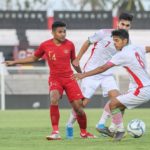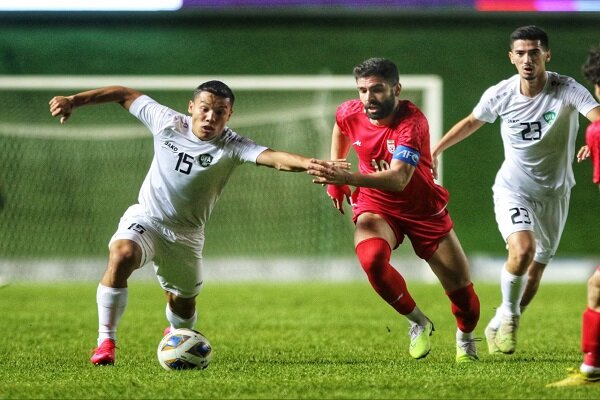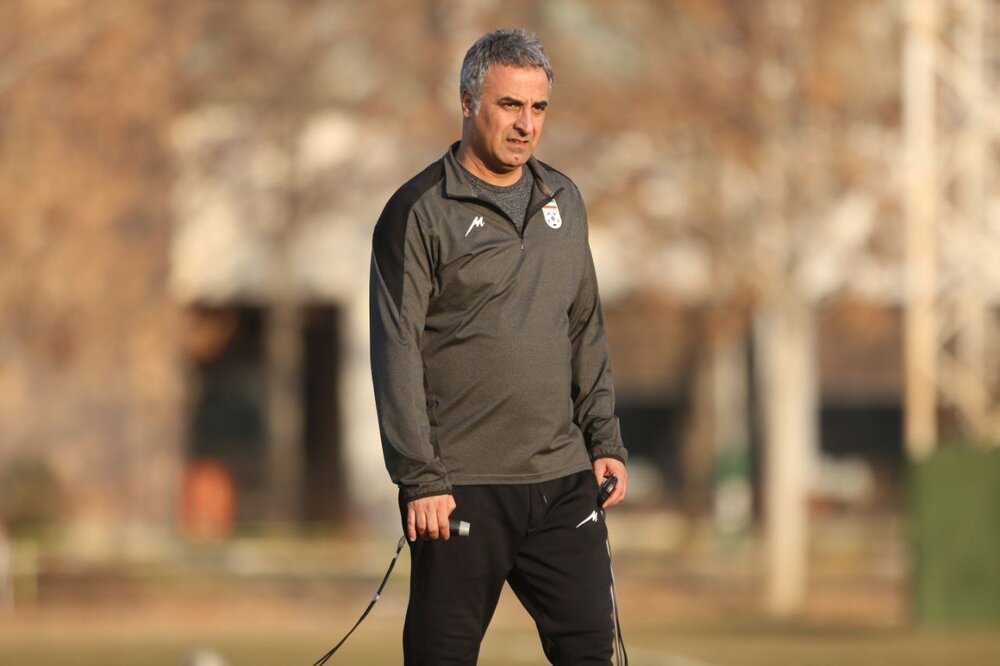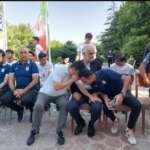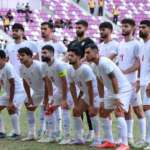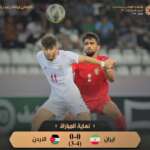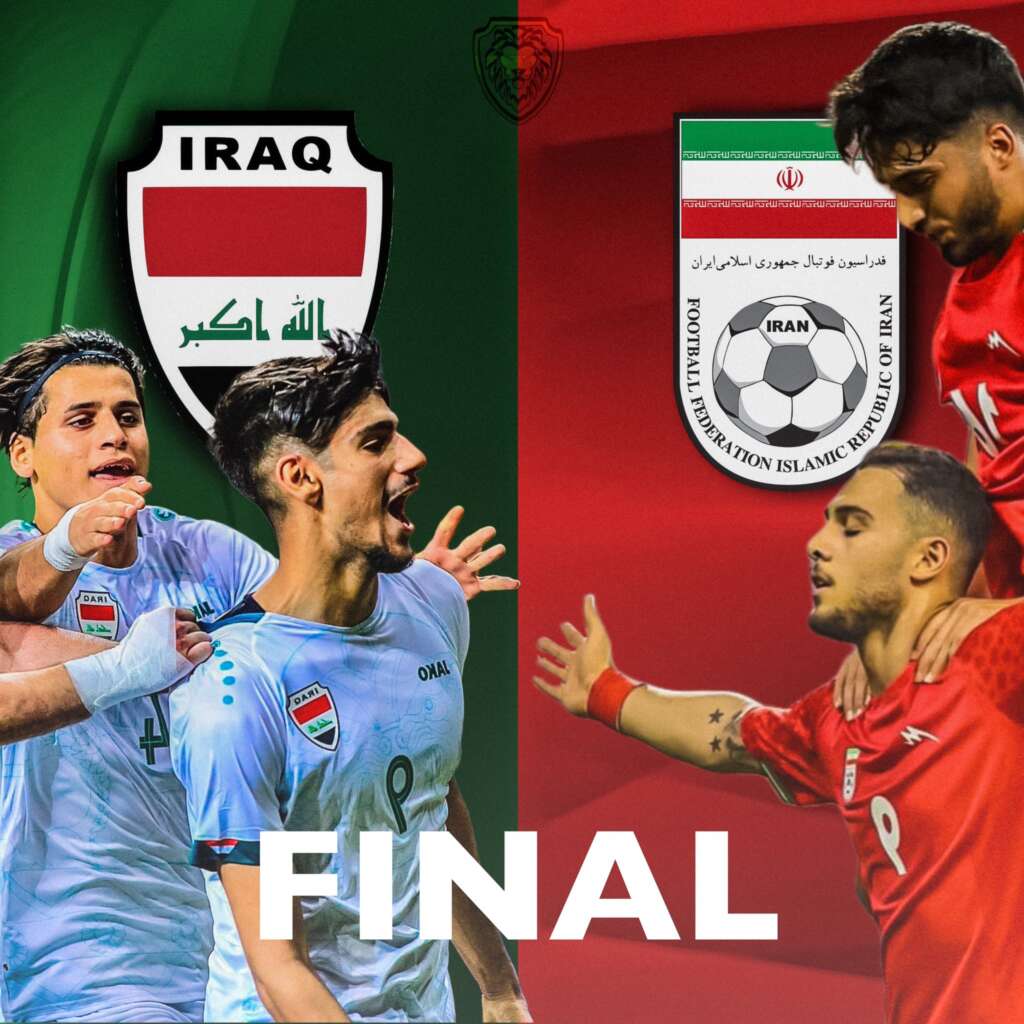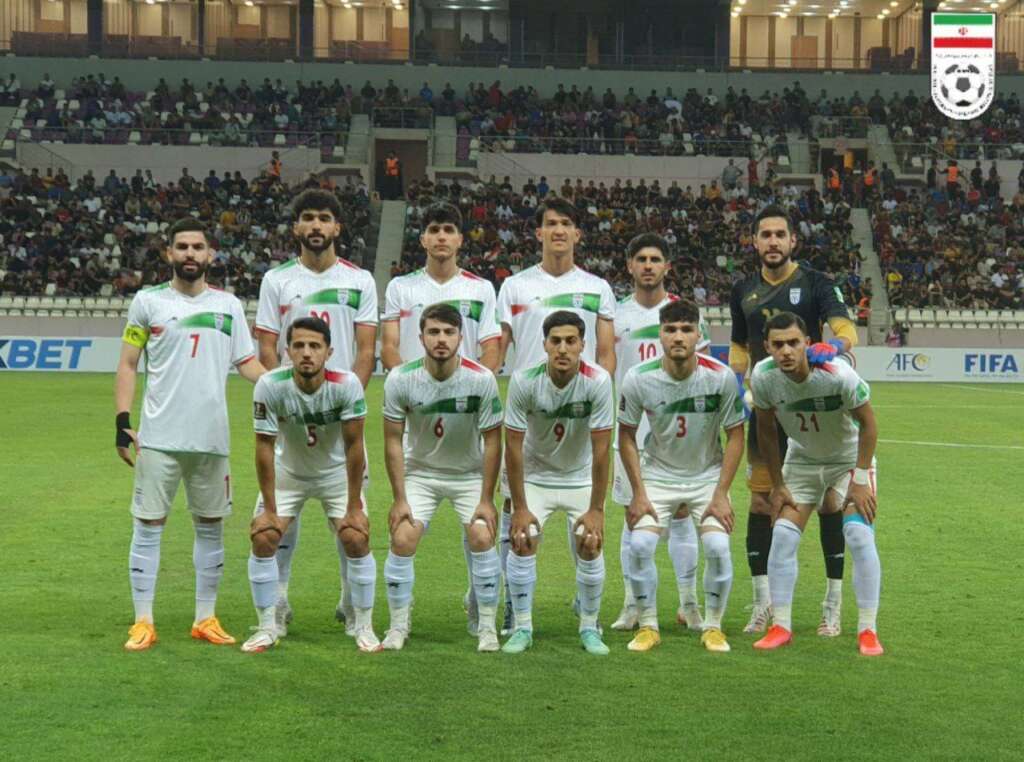Failure stories.
Last year, Iran’s Omid football team faced a significant setback when they were eliminated from the Asian Olympic football competition qualifiers after a surprising defeat against Hong Kong. This loss dashed their hopes of advancing to the next stage of the Olympic qualifiers. The team’s head coach, Reza Enayati, was a controversial choice due to his lack of coaching experience. His appointment came with the backing of several officials, including Team Melli’s head coach, Amir Ghalenoei. Unfortunately, Enayati’s inexperience was glaringly evident both in his squad selection and his management during the qualifiers. Despite having a roster filled with promising young talents, some of whom were already part of Iran’s senior team, Enayati’s tactical shortcomings led to the team’s early exit against a modest Hong Kong side.
The aftermath of this failure was met with widespread disappointment from both the media and fans, who demanded accountability from the Football Federation Islamic Republic of Iran (FFIRI). However, no significant actions were taken, and the pervasive impunity in Iranian football continued unabated. Surprisingly, despite this major setback, Enayati was soon appointed as the head coach of Peykan Football Club, one of Tehran’s oldest and most prestigious teams. This decision was perplexing, especially given Peykan’s history of developing young players for Iran’s national teams at various levels.
Enayati’s tenure at Peykan proved to be another disastrous chapter in his coaching career. Under his leadership, the team suffered relegation from the Premier League following a 0-2 defeat against Esteghlal in the final week of the season. This relegation marked a significant blow, as Peykan had been a mainstay in the top flight for many years. Tehran’s football scene also took a hit, losing one of its Premier League representatives.
Given these consecutive failures, it raises questions about whether any CEO would be willing to entrust Enayati with a team for the next season. However, it appears that those who supported Enayati’s appointment despite his failure with the Omid team may once again find a new opportunity for him.
Enayati’s situation is emblematic of broader issues within Iranian football, including incompetency, corruption, and nepotism. The rapid progression of former players to coaching roles without adequate training, certification, or experience is a troubling trend. Coaches like Nekounam, Shojaei, and Navidkia are examples of individuals who have been given significant coaching responsibilities without meeting international standards. In contrast, European leagues often require formal coaching certifications and a thorough vetting process before appointments, a practice largely ignored in Iran.
This lack of process and disregard for international coaching standards not only hampers the development of Iranian football but also undermines its credibility on the global stage. For Iranian football to progress, there needs to be a significant overhaul in how coaches are trained, certified, and appointed, ensuring that competence and meritocracy replace the current culture of favoritism and expediency.


